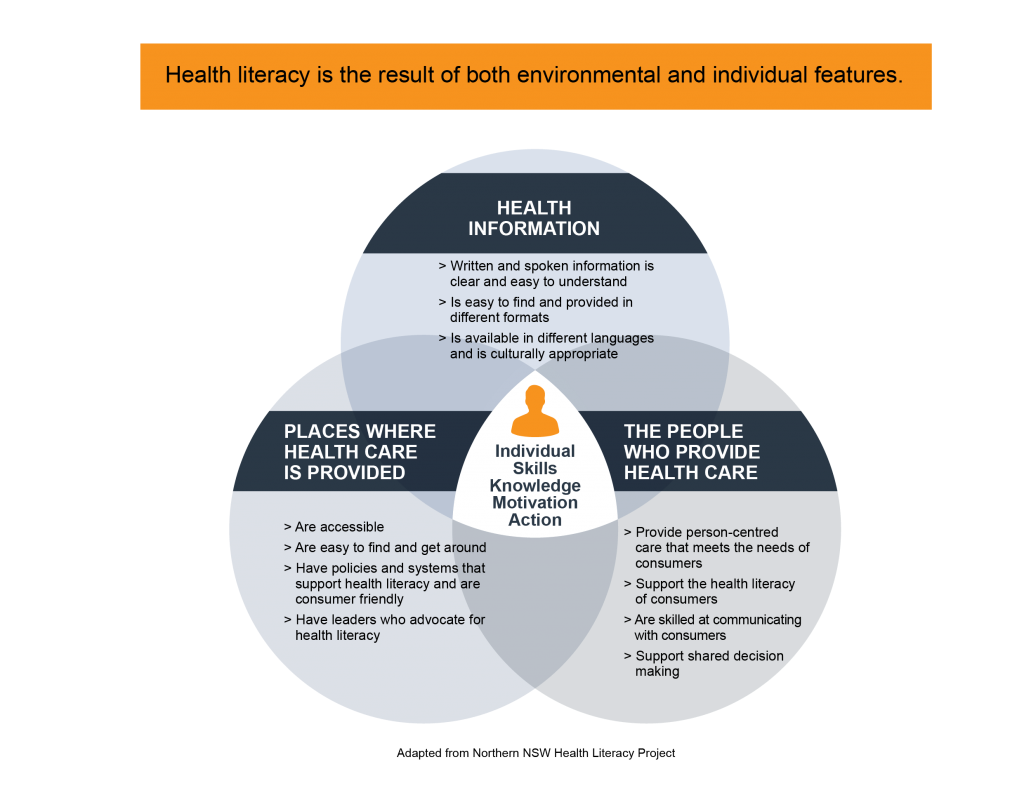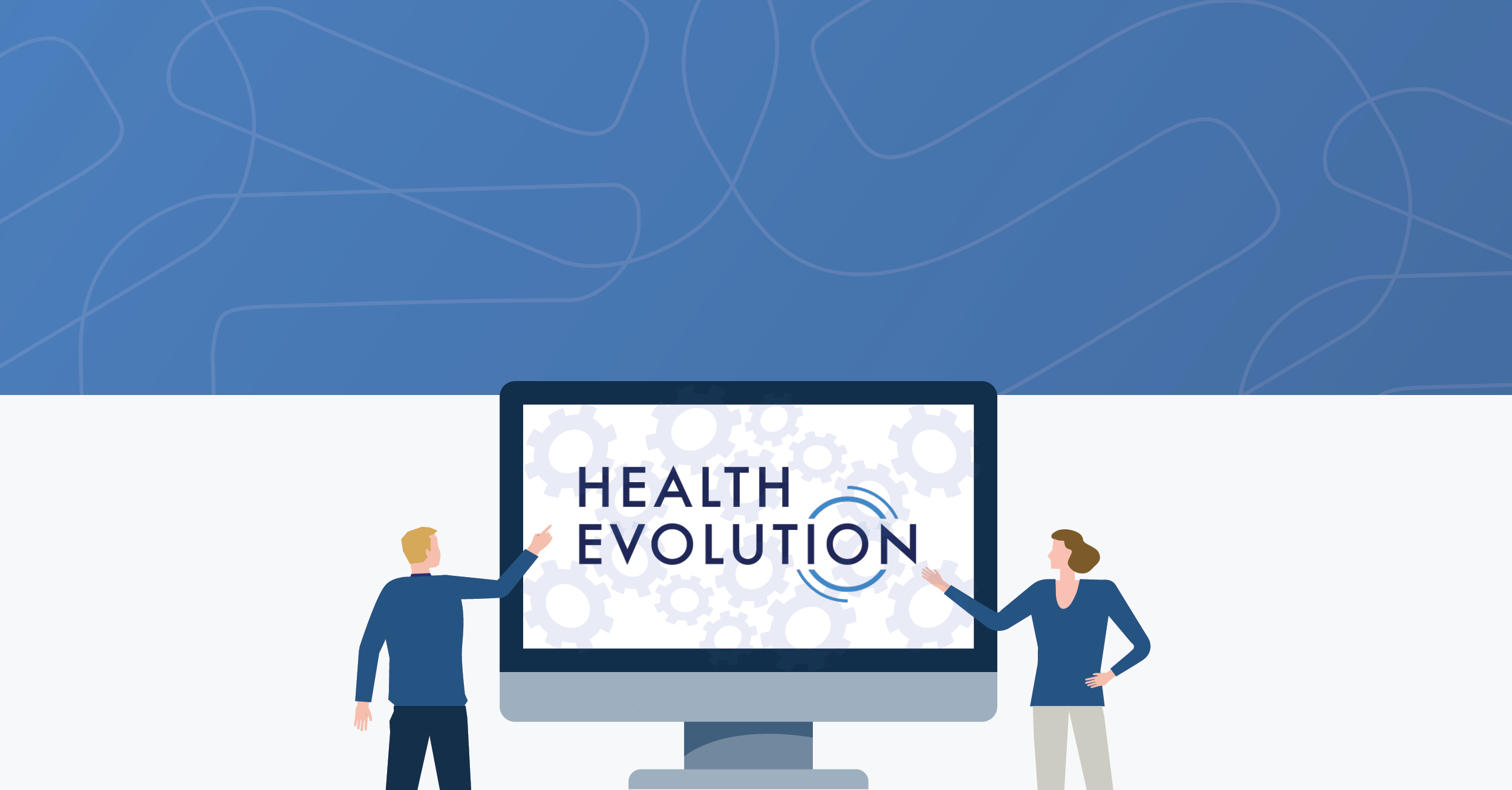Mental Health Literacy Education: Empowering Individuals And Communities

Table of Contents
The Importance of Mental Health Literacy Education
Mental health literacy encompasses a broad range of skills and knowledge. It's about recognizing the signs and symptoms of various mental health conditions, understanding the associated risk factors, and knowing how and where to access appropriate support. This fundamental understanding is transformative:
-
Reduces stigma surrounding mental illness: Mental health literacy combats stigma by fostering empathy and dispelling misconceptions. Open conversations and education normalize mental health challenges, making individuals feel less ashamed or isolated to seek help. Studies show that increased mental health awareness directly correlates with reduced stigma (Source needed – replace with a credible source).
-
Promotes early intervention and treatment: Early identification of mental health issues is crucial for better outcomes. Mental health literacy equips individuals to recognize warning signs in themselves and others, leading to timely interventions that can prevent escalation and improve prognosis. Early intervention can significantly reduce the long-term impact of mental illness (Source needed – replace with a credible source).
-
Empowers individuals to take proactive steps for their mental wellbeing: Mental health literacy promotes self-care and preventative strategies. Individuals learn about stress management techniques, healthy coping mechanisms, and lifestyle choices that contribute to positive mental wellbeing. This proactive approach strengthens resilience and overall mental health (Source needed – replace with a credible source).
-
Improves help-seeking behaviors: Knowing where and how to access mental health services is paramount. Mental health literacy education provides this crucial information, removing barriers to help-seeking, such as uncertainty, fear, or lack of knowledge about available resources. This leads to more individuals actively seeking professional support when needed (Source needed – replace with a credible source).
-
Fosters supportive communities: A community educated about mental health is better equipped to support its members. Increased understanding reduces judgment and promotes compassion, creating a supportive environment where individuals feel safe to seek help and share their experiences. Stronger community support networks are directly linked to improved mental health outcomes (Source needed – replace with a credible source).
Effective Strategies for Mental Health Literacy Education
Effective mental health literacy education requires a multi-pronged approach utilizing various channels and strategies:
School-Based Programs
Integrating mental health literacy into school curricula is crucial for shaping attitudes and behaviors from a young age. Age-appropriate resources, coupled with teacher training on effective delivery methods, are essential. This includes developing lesson plans on emotional intelligence, stress management, and recognizing mental health challenges, thereby contributing to better school mental health. Keywords like youth mental health first aid and social and emotional learning (SEL) could further strengthen this section.
Community-Based Initiatives
Community-based initiatives play a significant role in reaching a wider population. Workshops, public awareness campaigns, and community outreach programs can effectively disseminate information and promote mental health awareness campaigns. These initiatives should tailor their messaging to the specific cultural contexts and needs of the community. The use of community leaders and trusted figures can significantly improve engagement and impact.
Online Resources and Digital Platforms
The digital age offers immense potential for expanding the reach of mental health literacy education. Websites, apps, and social media platforms can provide accessible and engaging information, reaching individuals who may not have access to traditional educational programs. However, it is crucial to ensure the quality and reliability of online resources, emphasizing evidence-based information and safeguarding user privacy. This is particularly relevant when discussing digital mental health initiatives.
Measuring the Impact of Mental Health Literacy Education
Evaluating the effectiveness of mental health literacy programs is essential for continuous improvement. Data-driven evaluations help to refine program design and maximize impact. Key methods include:
-
Pre- and post-intervention assessments: Measuring changes in knowledge, attitudes, and behaviors before and after the intervention provides valuable insights into program effectiveness.
-
Surveys: Surveys can gather comprehensive data on participants' understanding of mental health, their attitudes toward seeking help, and their reported changes in behavior.
-
Monitoring help-seeking rates: Tracking increases in help-seeking behaviors demonstrates the program's success in connecting individuals with needed support.
-
Tracking reductions in stigma: Measuring changes in stigma levels through surveys and qualitative data provides evidence of the program's impact on social attitudes.
Data analysis allows for a detailed understanding of what works, what doesn't, and how to adapt programs for greater effectiveness. This is crucial for improving mental health outcomes.
Addressing Barriers to Mental Health Literacy Education
Despite the clear benefits, several barriers hinder the widespread implementation of effective mental health literacy education:
Lack of Funding and Resources
Insufficient funding significantly limits the reach and impact of mental health literacy initiatives. Increased investment is crucial to support the development, implementation, and evaluation of high-quality programs. Advocacy for increased mental health funding is vital.
Stigma and Cultural Barriers
Cultural stigma and misconceptions surrounding mental illness often prevent individuals from seeking help or participating in educational programs. Culturally sensitive approaches and community engagement are needed to address these barriers and ensure equitable access to mental health literacy resources. This touches upon the critical area of health equity.
Access to Quality Information
The abundance of information online, some of which may be inaccurate or misleading, necessitates efforts to ensure access to reliable and evidence-based resources. Promoting credible sources and providing clear guidelines for evaluating information are essential for mitigating this challenge.
Overcoming these barriers requires collaborative efforts from policymakers, healthcare professionals, educators, and community organizations.
Conclusion
Mental health literacy education is not merely informative; it is transformative. By empowering individuals with knowledge, skills, and resources, we can foster supportive communities and significantly reduce the impact of mental illness. The strategies discussed – from school-based programs to online resources – offer pathways to achieving this goal. However, success hinges on addressing the barriers through increased funding, culturally sensitive approaches, and a commitment to disseminating reliable information. Let's all work together to improve mental health literacy, promoting mental health education and expanding mental health awareness, leading to healthier individuals and stronger communities. Learn more about mental health literacy resources in your area and advocate for increased funding to support these crucial initiatives.

Featured Posts
-
 Restaurant Style Crab Stuffed Shrimp In Lobster Sauce Recipe
May 02, 2025
Restaurant Style Crab Stuffed Shrimp In Lobster Sauce Recipe
May 02, 2025 -
 Remembering Carrie A Dallas Legend Passes Away
May 02, 2025
Remembering Carrie A Dallas Legend Passes Away
May 02, 2025 -
 Elektrisch Rijden In Noord Nederland Bespaar Met Enexis Slimme Laadtarieven
May 02, 2025
Elektrisch Rijden In Noord Nederland Bespaar Met Enexis Slimme Laadtarieven
May 02, 2025 -
 Improving Mental Healthcare A Necessary Evolution
May 02, 2025
Improving Mental Healthcare A Necessary Evolution
May 02, 2025 -
 Justice Department Ends School Desegregation Order Whats Next
May 02, 2025
Justice Department Ends School Desegregation Order Whats Next
May 02, 2025
